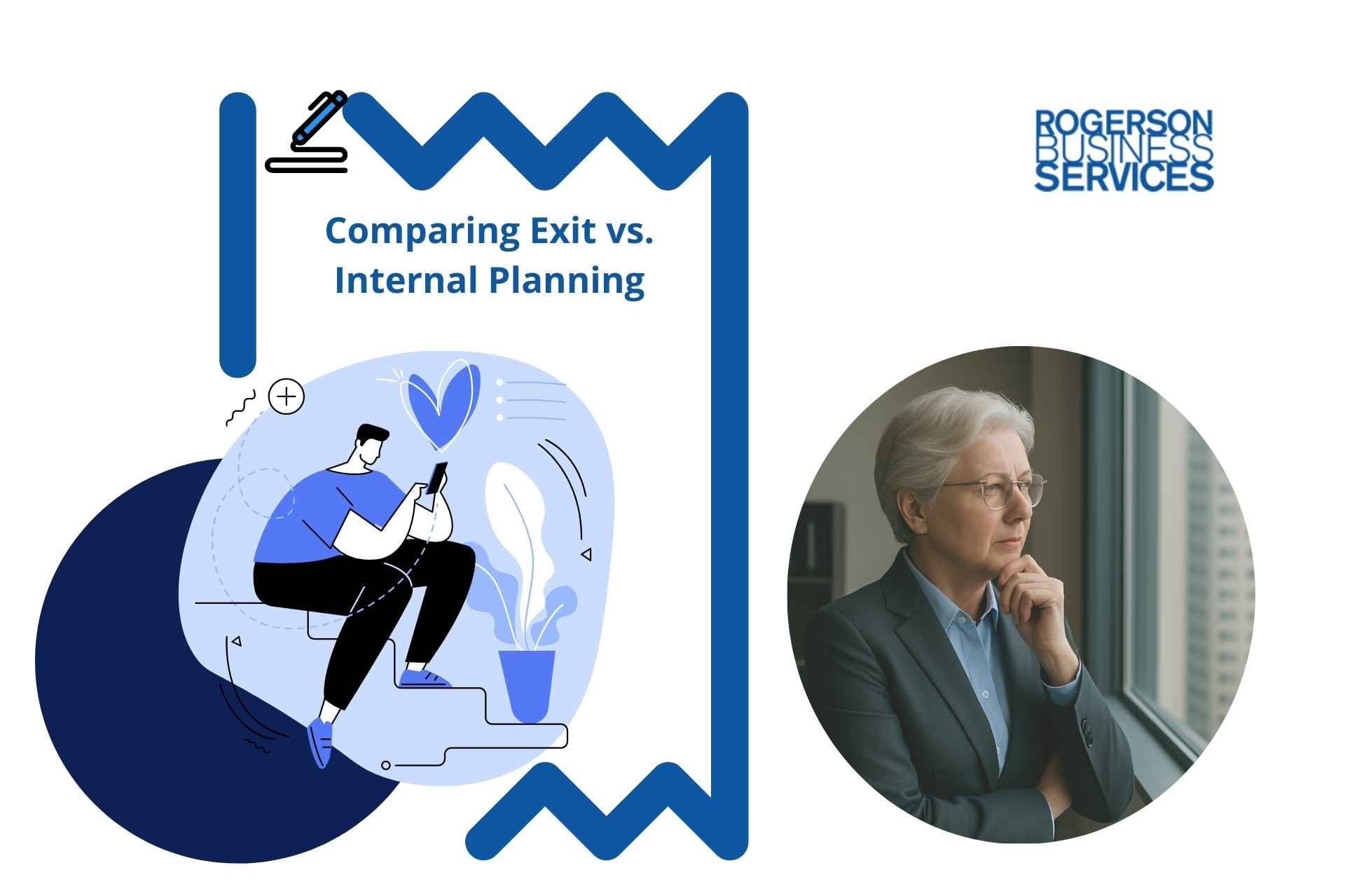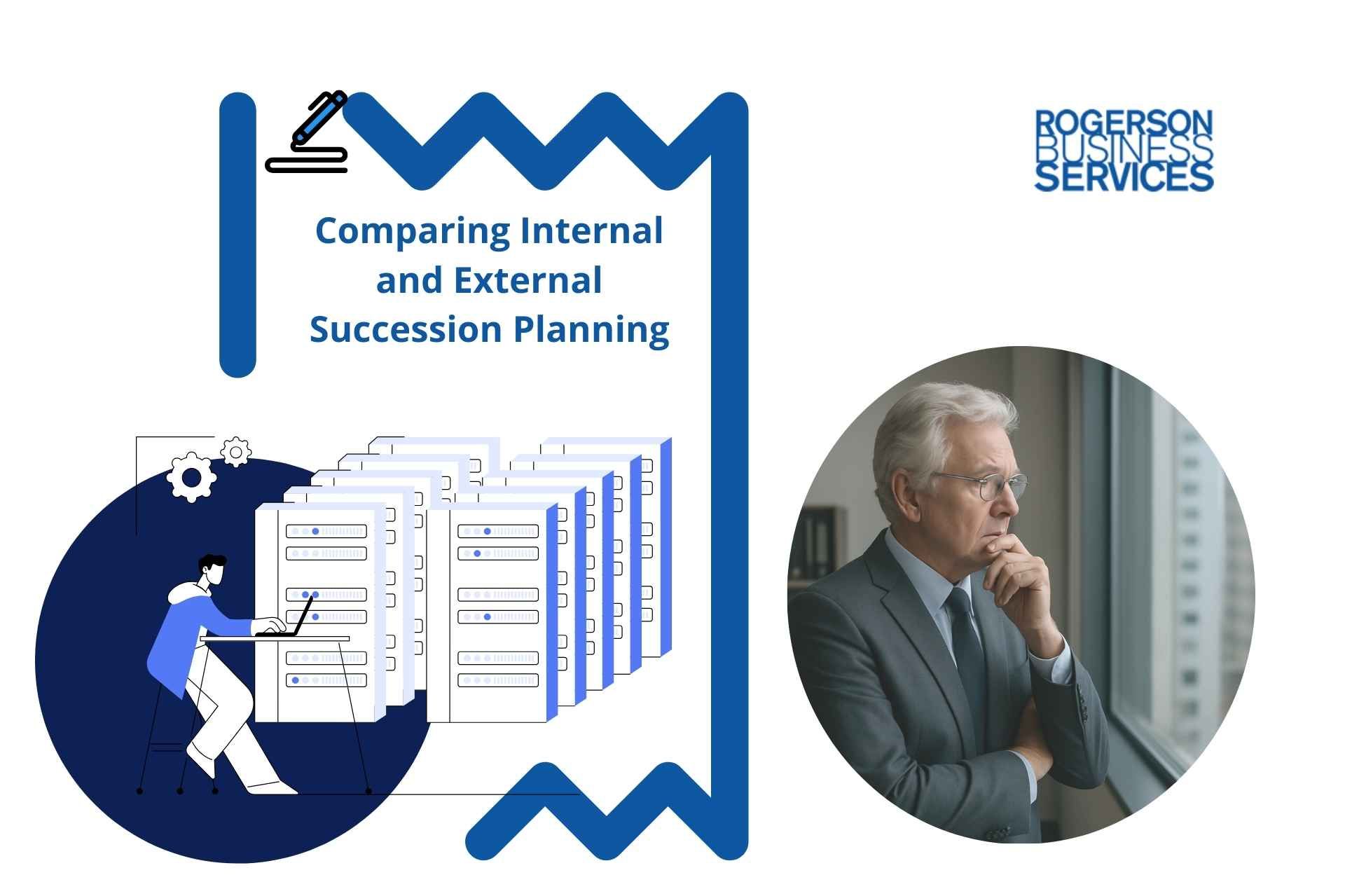Don't Sell Your Business in 2023 Without a Tax Plan
Selling a Business Tax
Five Easy Strategies:
- Annual Giving
- Rollover & Exclusions
- Utilize an Incomplete Gift Non-Grantor Trust
- Charitable Lead Annuity Trusts
- Grantor Retained Annuity Trusts

Selling a business in California in 2023 might mean you'll face a significant tax liability, so ensure that you have an appropriate tax plan and strategy for your lower middle market business.
Selling a Business: Capital Gains Tax
Once the government takes its full cut of the gross sale price, your net may be much less than you anticipated. The last thing you want to do is end up needlessly giving half of your hard-earned money to the government as capital gains tax.
Rest assured that you can minimize the taxes with some sound planning to minimize your exposure and boost your company's value. Don't forget your tax considerations if you're wondering how much your business is worth.
You're going to pay a portion of your gross as tax. But, if you follow five simple strategies, you'll be on the road to preserving as much of your profit as possible. Otherwise, you risk having the government take much more than their fair share.
Annual Giving
Selling a business in the lower middle market and capital gains tax can be complicated. But here's a simple strategy for how to sell a business and not pay taxes. Individuals can transfer up to $15,000 of stock in their business to each child every year.
Married filers can do the same with up to $30,000. That might not be enough to eliminate the corporation tax when selling a business in California, but it can be part of your strategy.
Rollovers and Exclusions
Various criteria allow you to exclude portions of your income from taxes or roll over the taxes to a later date.
- IRS Section 1042 rolls taxes over through an employee stock ownership plan (ESOP).
- Section 1202 makes provision for lower middle market business owners to exclude up to 50% of their realized gains on stocks held for five years or more.
- Section 1045 allows the seller of a business from one qualifying lower middle market business to another.
Utilize an Incomplete Gift Non-Grantor Trust (INGT)
This strategy allows business owners in California to plan to drastically alter your tax basis when selling a business. In certain circumstances and with more than two years of advance timing, you can shift tax exposure from a high-tax state like California to one with no income tax, like Florida.
Charitable Lead Annuity Trusts (CLAT)
Selling a lower middle market business avoiding capital gains tax isn't easy. But you can transfer shares into a trust which provides annual annuities to a qualifying charitable group.
When the annuity term comes to an end, the remaining value in the trust goes to non-charitable beneficiaries of the trust. So, for instance, you could set this up with your children as the beneficiaries and avoid paying estate taxes.
Grantor Retained Annuity Trusts (GRAT)
Using a GRAT is similar to a CLAT. It also transfers worth through an annuity. But instead of a charity, you'll transfer shares in your business to a trust. That locks in their value, and any additional appreciation is non-taxable.
Selling a Business Tax Consequences
Even selling a business at a loss has tax implications. Therefore, you need to understand all the considerations in play when you sell. For instance, do you pay sales tax when selling a business in California?
Let's look at five significant considerations when it comes to selling a business in the lower middle market and the tax implications you might face, just as the IRS looks at your assets when it's time for taxes.
- Types of assets – The IRS doesn't tax everything equally, so the sale of your physical equipment won't necessarily have the same tax rate as your intellectual property.
- Maximize your original basis – You'll pay tax on the difference between the purchase price of your assets and their sale price. So make sure to include every single screw, wire, and pen you purchased to increase the total outlay.
- Other assets – The sale of intangible property, like a patent, requires an appraisal for valuation. Therefore, you can reduce your tax exposure by representing future sales you will miss out on as a loss from your sale.
- Sales at a loss – If you're selling your business property at a loss, you can deduct that loss and avoid capital gains tax on the sale of the property. For instance, you may have to pay capital gains on the sales of your business stock, but you can offset that exposure by taking a loss on the sale of your property.
- Defer big sales – If you have a significant transaction pending, you may be able to avoid paying tax on those profits by dissolving the business first.
Selling a Business: Tax Calculator
There's no quick guide called how to sell a business and not pay taxes in California. You'll probably have to have cash on hand to make a down payment that you'll receive back after the transaction is complete. Federal and state taxes will come due when you receive payment, so make sure you understand any coming changes in the tax code that you might want to avoid by selling sooner.
Both you and your buyer will have to submit an IRS form 8594, specifying the tax and corporate structure of the new entity. It is helpful to focus on the value of your business assets more than the sale itself. For example, you may have started a small business as a sole proprietorship and filed as a limited liability company (LLC). Your assets are taxed differently than those of an S-Corporation.
Keep in mind that capital gains taxes apply quite differently to specific businesses. For instance, certain agricultural manufacturing businesses and shares in a lower middle market business corporation may qualify for a deduction of capital gains, exempting you from income tax on their sale.
If this sounds very murky to you, and you're worried about selling a business, asset tax might hammer you. Instead of flying blind, hire an M&A advisor to perform a business valuation. This appraisal will help you understand the value of your assets so that you can set the right price during negotiations with your prospective buyers.
Need More Information on Selling a Business and Taxes?
It will also help you flash out the strategies that may help minimize your tax liability. So, do you pay tax when you sell a lower middle market business? The answer is almost always yes. So contact a lower middle market business broker today to consider the factors that increase your value and minimize taxes. That's the best tax strategy in 2023.
Final Take
If you are a retiring business owner looking to exit your lower middle market business in California, here are five tips to get you started:
1. Don't wait until the last minute to start planning your exit. The process of selling a lower middle market business can take a long time, so it's important to start early.
2. Have a clear idea of what you want to get out of the sale. Know your goals and what you're willing to negotiate.
3. Choose the right type of buyer. Not all buyers are created equal, so do your research and find the right one for your business.
4. Be prepared for a lot of due diligence. M&A buy-side due diligence is when buyers will want to know everything about your business, so be ready to provide documentation and answer questions.
5. Be flexible with the terms and conditions of the deal. It's important to be open to negotiation to get the best possible deal for your business.
Rogerson Business Services, also known as, California's lower middle market business broker is a sell-side M&A advisory firm that has closed hundreds of lower middle-market deals in California. We are dedicated to helping our clients maximize value and achieve their desired outcomes.
We have a deep understanding of the Californian market and an extensive network of buyers, which allows us to get the best possible price for our clients. We also provide comprehensive support throughout the entire process, from initial valuation to post-closing integration.
Our hands-on approach and commitment to our client's success set us apart from other firms in the industry. If you consider selling your lower middle market business, we would be honored to help you navigate the process and realize your goals.
If you have decided to value and then sell your lower middle market business or still not ready, get started here, or call toll-free 1-844-414-9600and leave a voice message with your question and get it answered within 24 hours. The deal team is spearheaded by Andrew Rogerson, Certified M&A Advisor, he will personally review and understand your pain point/s and prioritize your inquiry with Rogerson Business Services, RBS Advisors
This is part of business owner tips to answer how Rogerson Business Services attract qualified buyers to sell your business series ->
Hey there! Can we send you a gift?
We just wanted to say hi and thanks for stopping by our little corner of the web. :) we'd love to offer you a cup of coffee/tea, but, alas, this is the Internet.
However, we think you'll love our email newsletter about building value and properly position your company before transition/exit your business ownership.
As a special welcome gift for subscribing, you'll also get our helping and educational guides, tips, tutorials, etc.. for free.
It's filled with the best practices for retiring serial business owners like Dan Gilbert, Larry Ellison, Warren Buffett, and many more.
Just sign up for our emails below.


